Many people still think that it’s necessary to banish fat from our diets. However, advances in nutritional research affirm that not all fats are bad.
The new stance on fat is that the right kinds are essential for optimal health as these fats help to:
- Repair and regenerate cells in muscle and nerve tissue
- Produce hormones
- Aid nutrient absorption, specifically the fat-soluble vitamins
- Provide an energy-dense fuel source
There are, however, certain fats that can be detrimental to our health. Therefore, it pays to know your fat facts and focus on consuming more of the beneficial kind.
Trans fats
Most trans fats are industrial, artificially hydrogenated fats and are generally linked to a wide variety of modern ailments and lifestyle-related diseases.
Consuming trans fats in excess can cause inflammation, which is linked to cardiovascular disease and other chronic conditions. Studies also associate trans fats with higher ‘bad’ LDL cholesterol and lower ‘good’ HDL levels, which can lead to cardiovascular disease.
Research has also revealed correlations between trans fat intakes and the development of diabetes, obesity, and immune dysfunction.
While small amounts of trans fats occur naturally in beef, lamb and full-fat dairy products, it is generally recommended that you avoid the trans fats found in any man-made processed convenience and fast foods.
Saturated fat
Previously deemed the villain of fats, the stance on saturated fats has softened in recent years.
Saturated fat plays an important role in hormone production, and a growing body of research also suggests that certain types of saturated fat, such as stearic acid (found in plant products like cocoa, coconut and palm oils) as well as animal products like dairy, meat and poultry, can be beneficial when consumed in the correct quantities.
However, certain saturated fats or genetic predispositions can cause a rise in ‘bad’ LDL cholesterol, which increase your risk of cardiovascular conditions.
Updated dietary guidelines propose meeting up to 10% of an adult’s daily calorie intake from saturated fats.
Monounsaturated fat
Monounsaturated fats are generally considered the healthiest form of fat. They help to lower LDL cholesterol and could help to reduce your risk of cardiovascular disease.
This type of fat contains high levels of vitamin E, which is a very important antioxidant. Plant oils like olive oil and sesame oil are good sources of monounsaturated fat, along with avocados, nuts, peanut butter and olives.
Polyunsaturated fat
These include beneficial omega-3s and omega-6s. However, these two forms of polyunsaturated fats need to be consumed in the right ratios, and modern westernised diets tend to contain more omega-6 essential fatty acids.
As such, you might need to moderate your intake of omega-6 polyunsaturated fat, and aim to get more omega-3s from whole food sources such as oily fish, nuts and leafy greens, and supplements.
These fats are generally considered to be healthy because they can help to lower cholesterol levels, which decreases your risk of heart disease. Insufficient omega intakes have also been linked with fatigue and obesity.
Medium-Chain Triglycerides
Your body metabolises medium-chain triglycerides (MCT) differently to other fats. This makes them more efficient as a fuel source – the liver rapidly converts MCTs into ketones, which the body can readily use for energy.
This property has made MCTs popular among athletes and it is included in a growing range of supplements. Supplemental ketones have also become popular for the same reason, and are also considered a super-fuel for the brain and can enhance cognitive function, concentration and alertness.
In addition, MCTs may help to improve blood sugar regulation, enhance metabolism and improve appetite regulation.
Beneficial MCT sources include coconut oils, palm kernel oil, MCT oil and powder supplements, while a wide range of keto products help to enhance fat-based energy metabolism.
Cholesterol
Cholesterol is an essential structural component of cell membranes. We need it to maintain the cell’s structural integrity and promote fluidity in and out of the cell through the membrane.
Cholesterol is also an important precursor for the production of various hormones as well as bile acids and vitamin D.
While the body can produce cholesterol (in the liver), this only accounts for about 75% of our requirements. Accordingly, we require a limited amount of ingested cholesterol to make up the difference.
This can come from foods that naturally contain cholesterol, such as animal products, or getting the right ratio of the natural foods required to synthesise this compound in the body.
As cholesterol is oil-based, it is transported in the bloodstream by lipoproteins, namely low-density lipoprotein (LDL), generally known as ‘bad’ cholesterol, and high-density lipoprotein (HDL), known as ‘good’ cholesterol. It is worth noting that it is these carrier proteins and their actions in the body that are deemed as ‘good’ or ‘bad’, not necessarily cholesterol itself.
While elevated LDL is associated with negative health outcomes, the scientific community is still debating whether ingested cholesterol is the cause, or if an overconsumption of simple carbs, sugar and trans fats, predominantly from processed foods, is to blame.

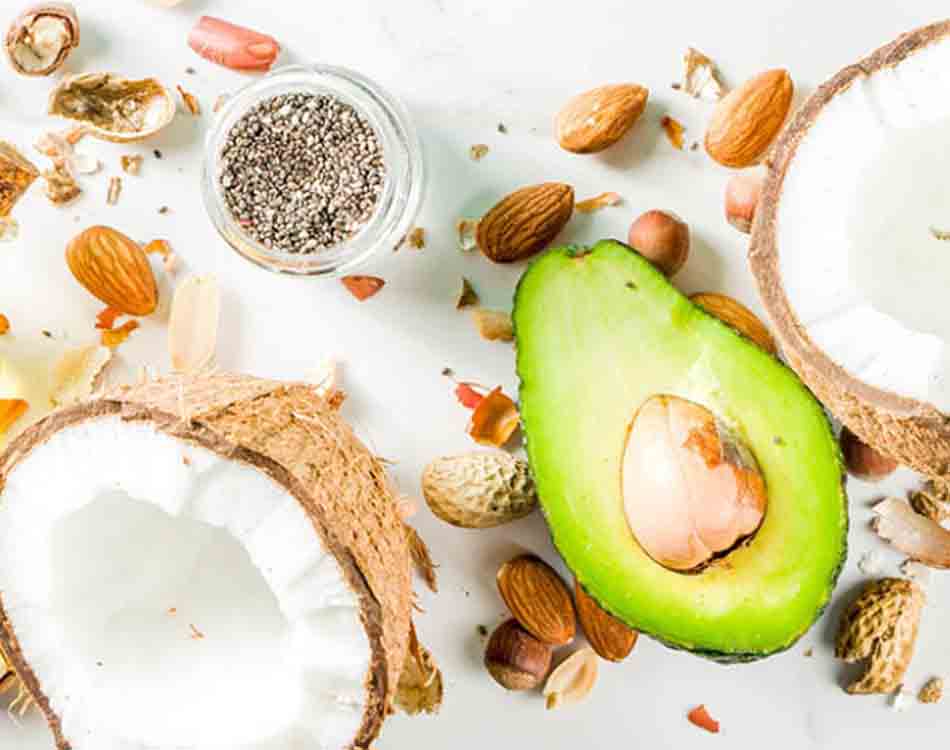



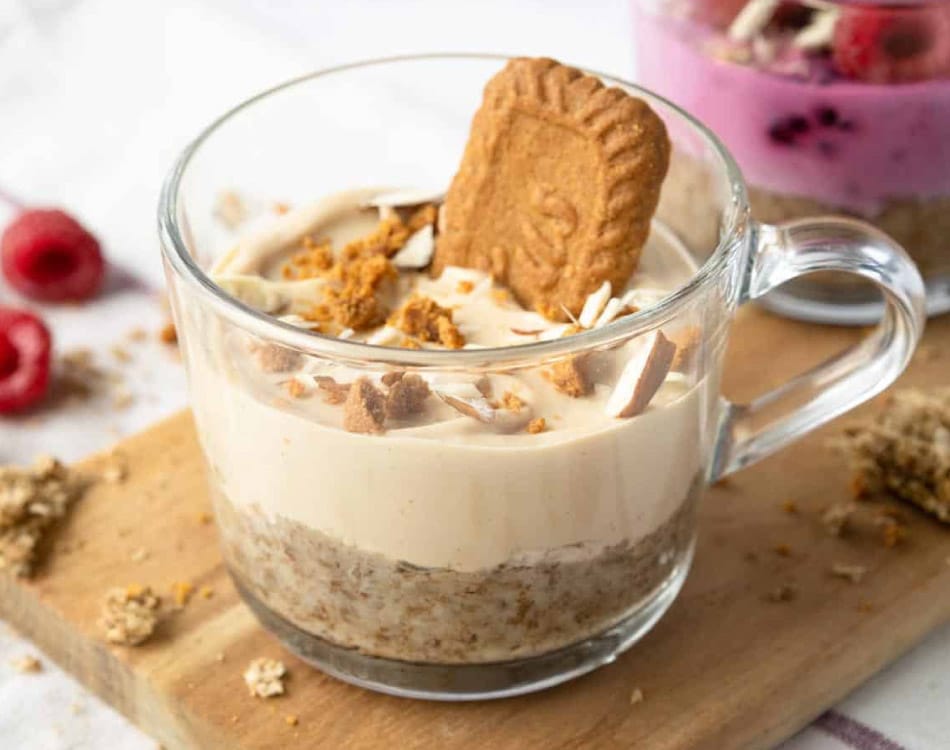

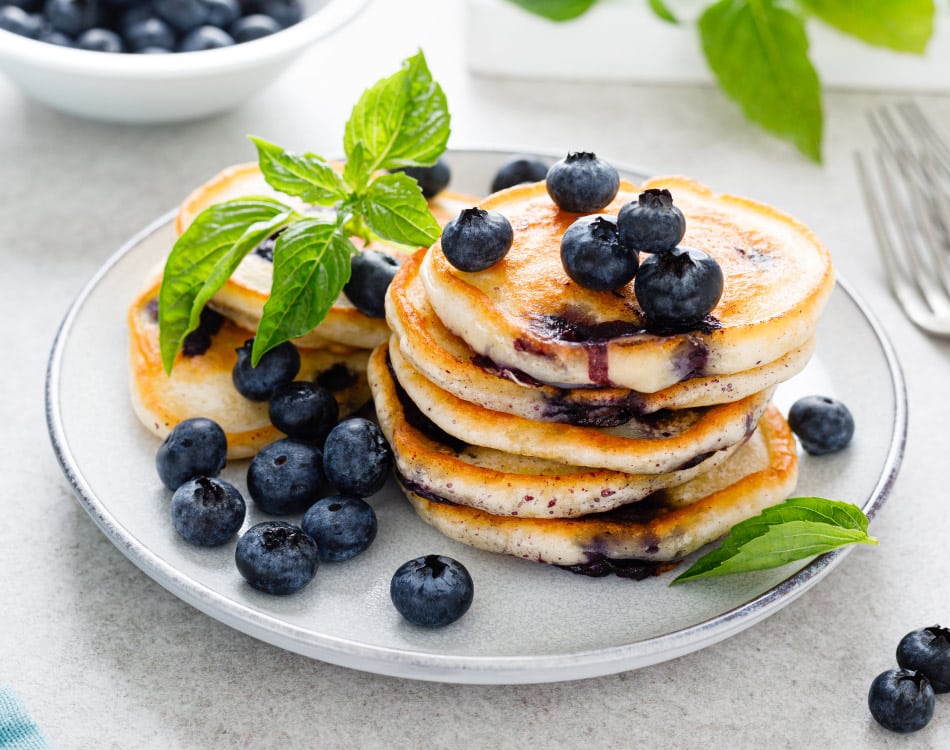
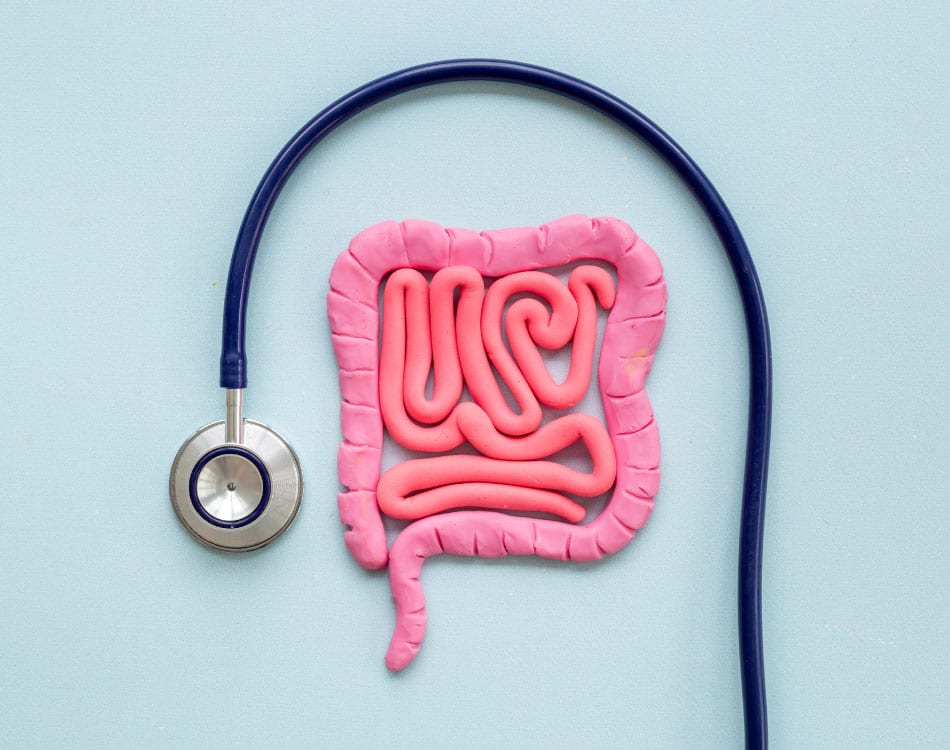
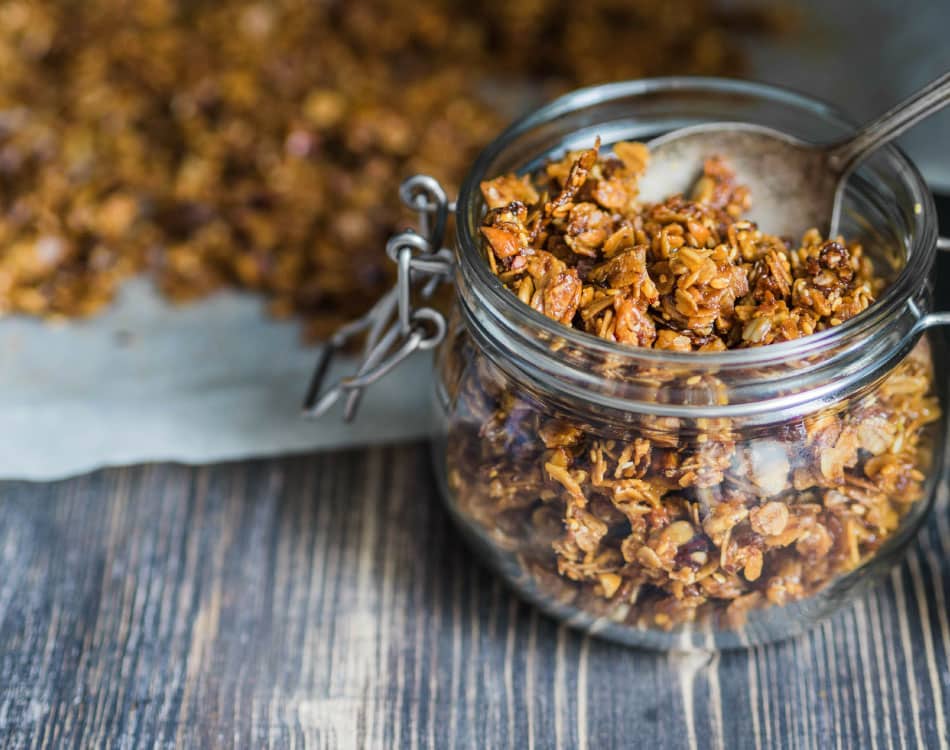
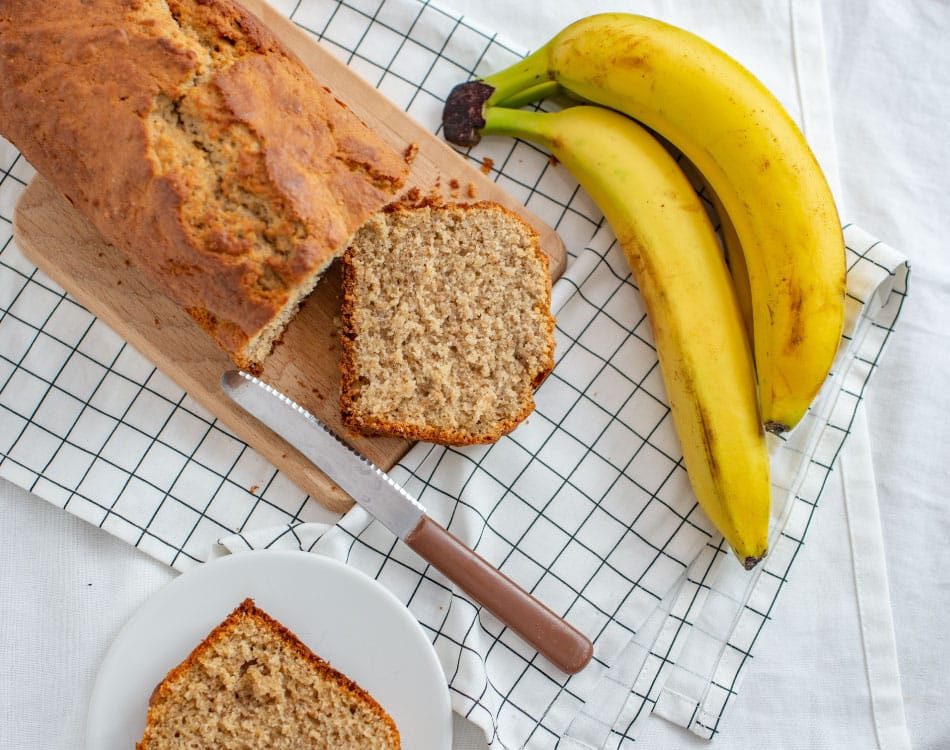
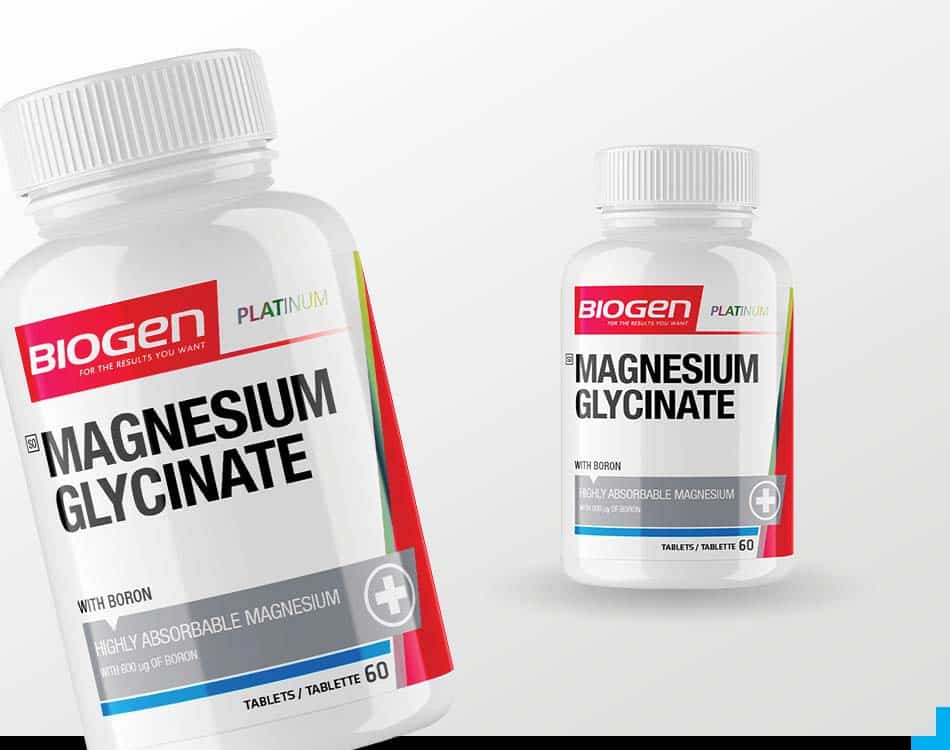





Leave A Comment